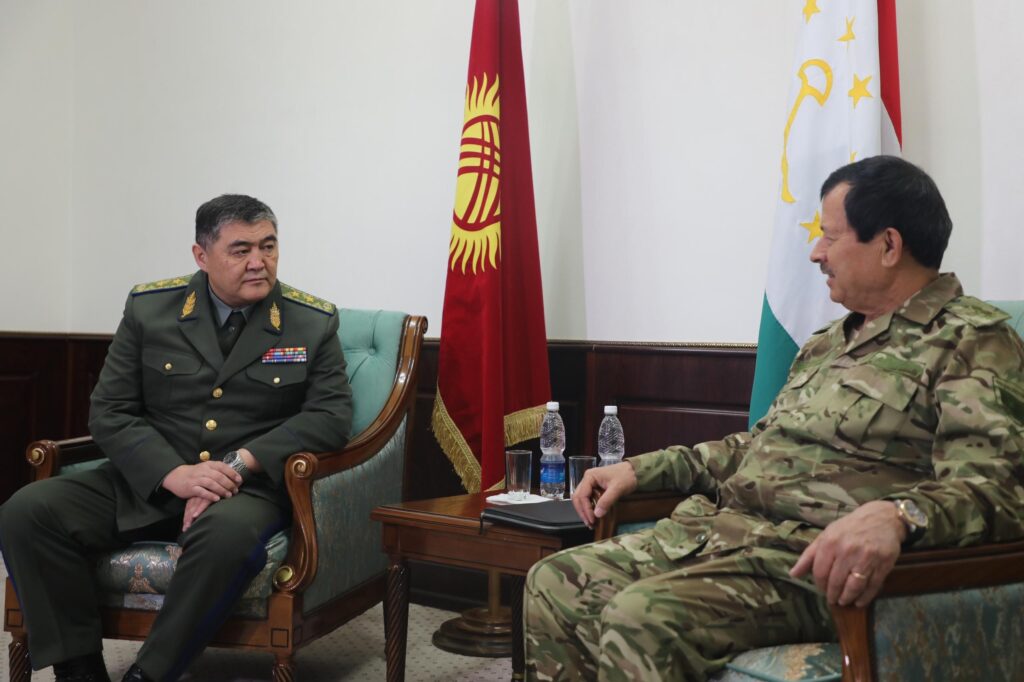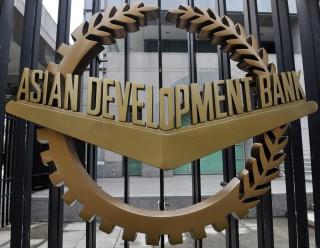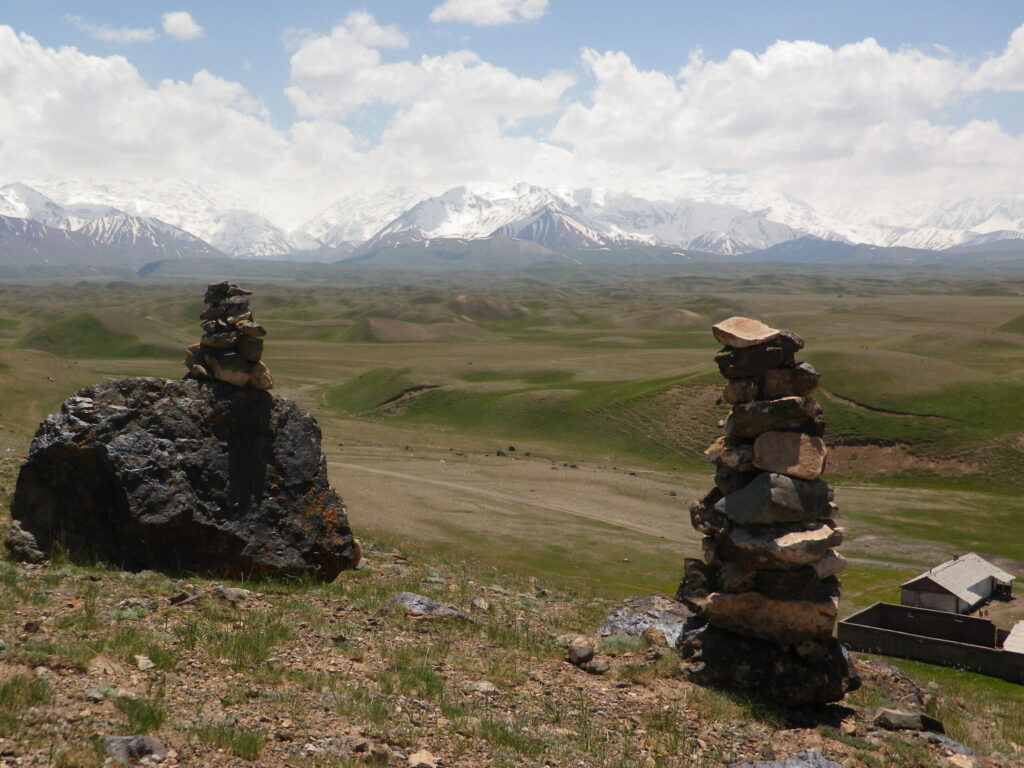Length of U.S. Visas for Kyrgyz Citizens Set to Increase
The duration of American visas for citizens of Kyrgyzstan is set to increase from five to ten years, marking a significant development reported by the Embassy of the Kyrgyz Republic in the USA. The Embassy disclosed that Baktybek Amanbayev, the head of the Kyrgyz diplomatic mission, conducted a meeting on December 13th with Brandon McNerney, the director of the Office of Visa Affairs at the Consular Bureau of the US Department of State. The primary agenda revolved around discussions aimed at enhancing visa relations between the two nations. During the meeting, Ambassador Amanbayev reiterated the appeal to expedite considerations for extending the validity period of tourist and business visas from five to ten years, alongside reducing consular fees for Kyrgyz Republic citizens. This plea, previously discussed with US authorities, was reinforced by Amanbayev during this encounter. Brandon McNerney provided an optimistic outlook, stating that the issue is in its final stages of evaluation within relevant US authorities, with a positive decision anticipated imminently. The American side pledged to officially notify the Kyrgyz authorities of their decision in the near future. Additionally, Amanbayev pressed for simplified visa acquisition processes for Kyrgyzstani students enrolled in US educational institutions. Moreover, he proposed exploring opportunities for legal employment of Kyrgyz citizens in sectors facing labor shortages within the United States. The American representatives agreed to delve into these matters during the annual bilateral consultations. This push for extended visa durations follows earlier discussions on the topic. Kyrgyzstan's parliamentary deputies Akylbek Tumonbayev, Balbak Tulobayev, Karim Khanjeza, and Emil Toktoshev engaged in talks with Ambassador Leslie Viguery regarding visa extensions to the United States. Ambassador Amanbayev also held discussions with John Pommersheim, Deputy Assistant Secretary of State for Central and South Asian Affairs, seeking to expedite this visa extension process. These concerted efforts signal a potential boon for Kyrgyz citizens aspiring to visit or reside in the United States, fostering closer bilateral ties between the two nations.








